What Is a Donor Advised Fund? (Description)
A Donor Advised Fund, aka a Charitable Gift Fund are descriptions of the same type of account that is specifically designed to take advantage of charitable giving decisions in a very tax effective manner.
A Donor Advised Fund works in some ways like a foundation, in that it is a sponsoring, non-profit organization that is set up to receive and process charitable gifts at the direction of the donor. Gifts TO and FROM the fund are called “grants”, again language similar to foundations, but without the expense and maintenance of setting up an individual foundation.
What are some of the benefits for a Donor Advised Fund?
- Tax benefits: as we discussed in last week’s blog about Gifting Appreciated Stock, you can gift your appreciated stock to the Donor Advised Fund, rather than directly to a charity. Remember that when you give appreciated stock, you get a deduction for the current value of the gift, compared to what the stock actually cost you to purchase. You will want to give stock, etc. that has appreciated in value. (What is the Most Efficient Way to Give to Charity? Part 2: Appreciated Stock )
- You are eligible to claim a deduction in the year of the gift to the Donor Advised Fund, even if it is not fully distributed to the charities of your choice in that same year! A “gift” to a Donor Advised Fund is considered a Completed Charitable gift, for tax purposes.
- It enables you to use strategic tax planning for a year that you want or need to claim a larger deduction for charitable gifts, and then spread the distribution of those gifts out over months or even years to multiple charities as you wish.
- The Charitable Fund sponsor (which is in itself a “Non-profit”) will process your gift by liquidating the stock and generating cash. This could help smaller charities that have not set up the necessary system for processing direct gifts of stock, etc.
- Anonymity at your discretion: There are some cases where individuals want to contribute to a favorite charity, but wish to do so anonymously, and a Donor Advised Fund gives you that flexibility. The fund will send you a notice of your grant to charity, but will not disclose your identity to the charity.
- Scheduling the frequency of gifts: if you have a charity that you want to receive a regular gift, such as a monthly gift, you can schedule this with the Charitable Fund sponsor and they will send out a gift each month. Many individuals prefer to do this with their church giving.
- The sponsor of the Donor Advised Fund will also verify the 501(c) (3) or non-profit status of the charity before your gift is sent. No gifts/grants can be sent to organizations that do not have an active non-profit status.
- You also have the option of limited investments INSIDE the Donor Advised Fund to grow your contributions even further.
Who Should Use a Donor Advised Fund?
A Donor Advised Fund is typically for individuals who have accumulated significant assets and who have a heart and a desire to give to charities. They will either have accumulated some appreciated assets (stocks, bonds, mutual funds, ETF’s) through investment growth, or may have significant cash, and are in a position to take advantage of the tax benefits of a significant charitable gift. It is generally for individuals who are under age 70 ½, as the giving strategies change after that age; see previous blog post: Because You Asked: What Is The Most Efficient Way to Give to Charity? (Part 1)
How to Set up a Donor Advised Fund:
- You must first identify a sponsoring organization, which is also a non-profit, that will serve as the initial recipient for your donations. The sponsoring organization will receive your charitable gifts, and then distribute them to the charities that you choose. For our clients, we utilize Schwab Charitable, because our clients’ investment accounts use Schwab for their custodian. They make it very convenient to transfer assets from a Schwab brokerage/investment account to the client’s charitable (Donor Advised) fund. Other financial services firms such as Fidelity and Vanguard among others, also sponsor Donor Advised Funds.
- When you set up your Donor Advised Fund Account, you can “name” it whatever you like: Examples:
- John and Terri Jones Charitable Fund
- The Good Fairy Fund
- Angels in Disguise
Pretty much anything that tickles your fancy can be the name of your gift fund!
- Specify the owners of your new Donor Advised Fund: spouses, parents and adult children, etc. can be set up as the owners of the fund, and all owners will be able to make grant recommendations and requests. The Donor Advised Fund may also provide you the opportunity to name a “successor owner” if you want your children to take over the responsibilities of the fund upon your passing, or to designate a particular charity to receive the remainder of your charitable fund at your death.
- Identify the assets by which you want to “fund” the charitable account/Donor Advised Fund: you list the specific stock, real estate, et al, that want to transfer to the fund, or if you prefer, you may wish to fund via a check, if you are contributing cash.
Our Recommendation:
Work with your tax advisor and/or Certified Financial Planner ™ professional to help you determine if utilizing a Donor Advised Fund would be beneficial to you to meet your giving goals and help you achieve greater tax benefit. Once you have made that determination, we recommend you start with the custodian of your investment assets to determine if they sponsor a Donor Advised Fund, and then set up and fund your new account. Then you can begin recommending grants to your favorite charities.



